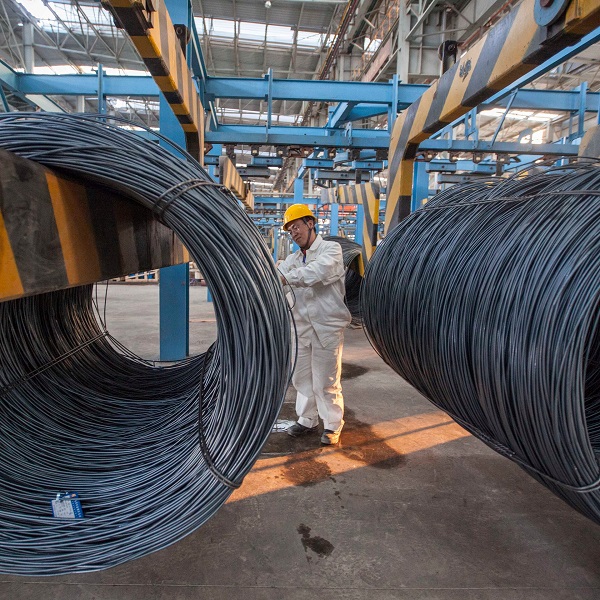The Reserve Bank of India (RBI) has raised concerns over the indiscriminate rise in steel imports, warning that it has eroded market share and pressured prices of domestic steel producers. In its latest report titled “Steel Under Siege: Understanding the Impact of Dumping on India,” the central bank has called for balanced policy support and initiatives aimed at boosting competitiveness through innovation, cost efficiency and sustainability.

According to the RBI, cheap steel imports from major producing nations such as China, Japan and Vietnam have intensified market competition, lowered capacity utilization and hurt profitability across India’s steel sector.
Rising imports and dumping practices challenge domestic market stability
India remains one of the largest consumers of finished steel, driven by strong construction and infrastructure growth. Steel consumption in the country surged 13 percent and 11.5 percent over the last two fiscal years, while domestic production grew by 9.3 percent and 12.5 percent, respectively. However, the RBI noted that this robust consumption growth has been partly met through cheaper imported steel.
The report emphasized that excess global capacity and moderate international steel prices have encouraged dumping of low-cost steel into India, undermining local producers. With sluggish economic growth in China and other key steel-producing regions, global exporters are redirecting shipments to high-growth markets like India. Moreover, the US’s new steel import tariffs could further intensify dumping risks.
The surge in low-priced imports has directly impacted India’s domestic steel production and reduced local prices, as imported material remains more attractive to buyers.
Currently, 45 percent of India’s steel imports come from five key sources - South Korea (15%), China (10%), the US (8%), Japan (7%) and the UK (6%).